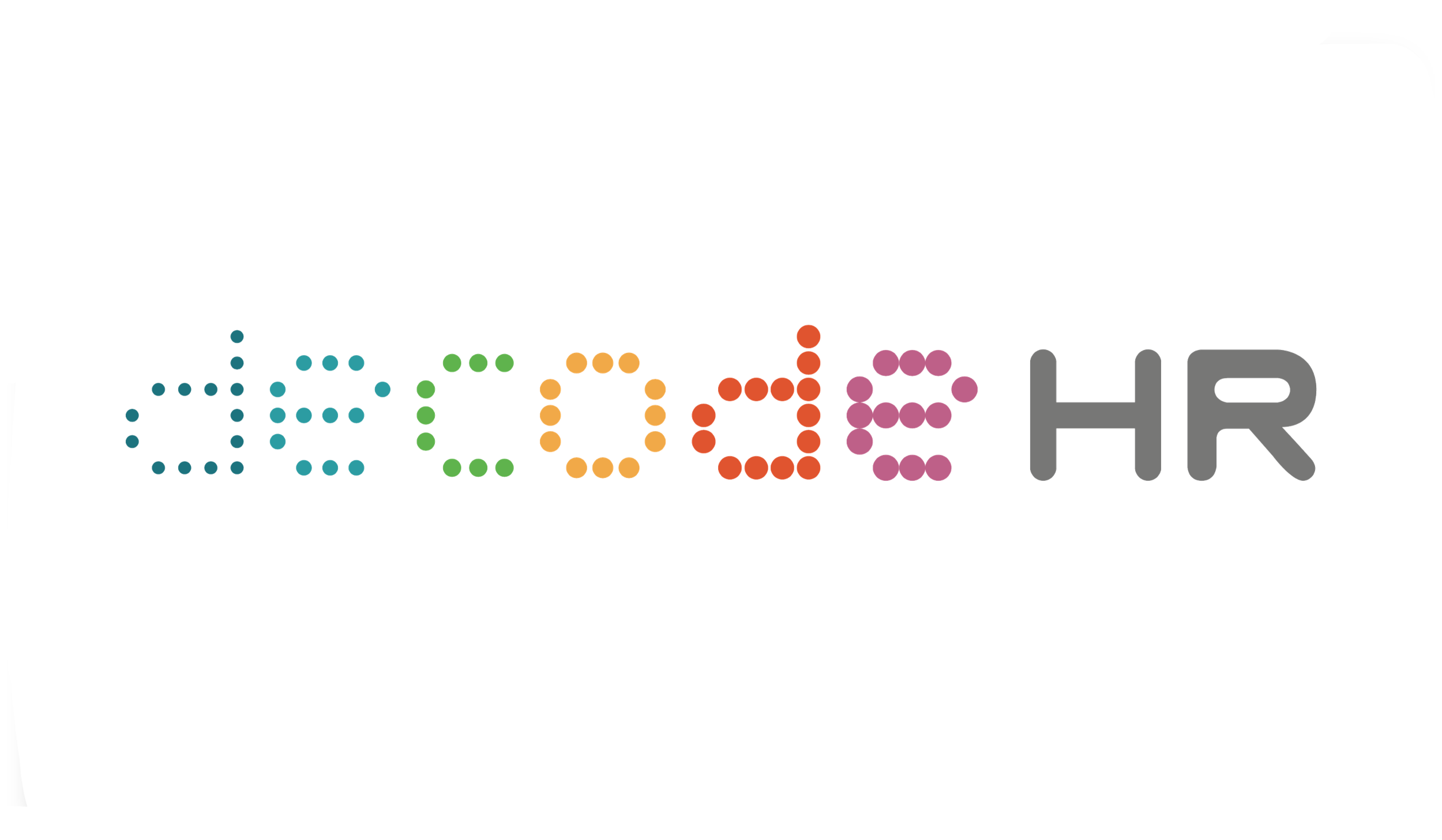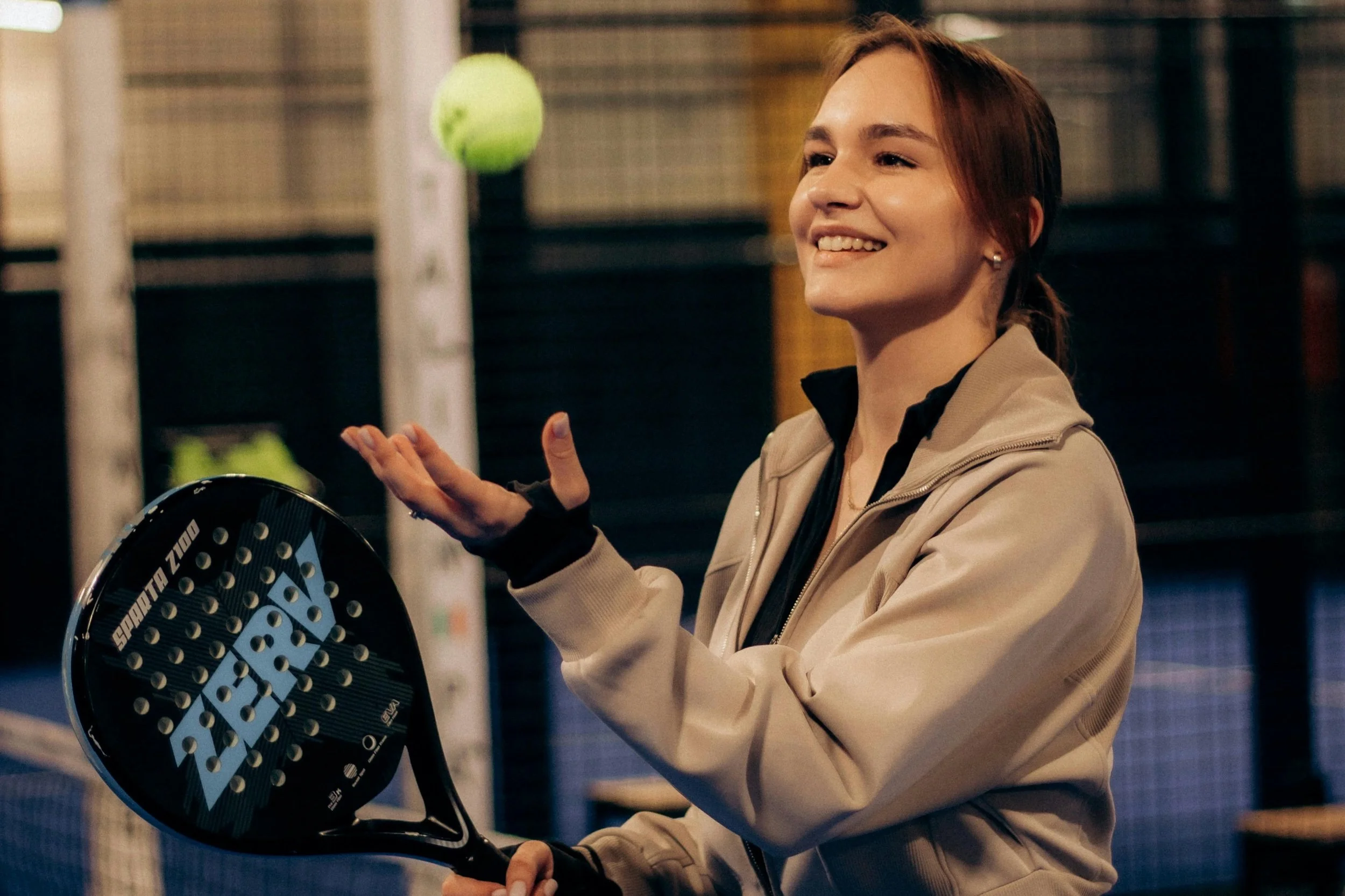Can’t Trust AI to Hire? We Debunk the Big AI Myths
Reading time: 5 mins
You want to recruit a business development manager. Multiple job postings are put up, on your company website, on LinkedIn, on job boards.
The AI consolidates the hundreds of resumes into giant talent pool, and then scans through all the resumes to rank the candidates based on pre-set criteria which you determine – like the relevance of the CV, location and skill match, and more.
All this is done within seconds! How many hours would this have taken if it were manually sorted?
Artificial Intelligence (AI) and Machine Learning – which is simply teaching a computer programme or software to “think” like a human - are changing the face of HR. More and more organisations are leaping onto this bandwagon.
Today, an estimated 56 percent of HR organisations deploy AI for talent acquisition, and this is projected to go up to 77 percent in two years.
The application of AI in HR processes is vast but what is clear is that the recruitment process is one which is particularly ripe for AI innovation, because recruitment historically involves a lot of low-value, high-volume tasks like looking through hundreds of CVs, candidate emails and scheduling interviews.
AI can even be deployed during the interview process, to help “conduct” and assess multiple quality interviews simultaneously while drawing meaning from facial cues and body gestures.
But there is still some resistance. Deep-down, we wonder: How can we trust a computer program? And how difficult or expensive would it be for us to adopt AI?
Here, we dispel 5 myths about AI.
MYTH 1:
AI will threaten and replace the human recruiter.
Nobody is suggesting that AI can replace a human recruiter. Recruiting is ultimately a human process which takes years of experience in “sizing” up a potential recruit, and what the human recruiter will always trump AI in, is in interaction, empathy and negotiation – all key parts of the recruitment process.
So, AI is not a replacement. It is a complement, a partner, a side kick. It helps the recruiter to do a better job. It takes over tasks like screening through CVs – whether physical or online – which can take hours, and allows the human to focus on the candidates at the top of the pyramid.
MYTH 2:
AI is expensive and onerous to implement.
Yes, it might take a financial investment and there might be a learning curve when implementing the systems. But in the long run, AI will enable businesses to get the right hire the first time, because a wrong hire can be very costly.
According to the Society for Human Resource Management (2016), the average business spends $4,129 per hire. A poor hire costs even more, at around $15,000 per hire (CareerBuilder, 2017). This includes the costs of rehiring a new employee as well as the sunk costs of training and orientation of a bad hire.
AI-enabled platforms like X0PA’s AI Recruiter can help minimise costs from poor hires and reduce overall hiring costs by up to 50 percent.
MYTH 3:
AI is best suited for big organisations, not small ones.
Whet her it is a big or a small organisation, it is critical to hire the right person the first time. In fact, hiring the wrong person can be more damaging to a small company which has less hiring resources and manpower.
AI can support small companies in recruiting people who are a better fit, and who are likely to stay longer.
MYTH 4:
Candidates going through an AI recruitment experience might feel even more detached.
The dystopian fear is the loss of the human element in what is a very human process. And yet, what is so human about a traditional rejection email?
AI, in fact, injects more meaning into the recruitment process as it can provide candidates who might not have been selected with updates, feedback and guidance in real-time - on where they fall short, how they can upskill and improve.
According to the 2017 Talent Board North American Candidate Experience Research Report, this communication has a significant impact on the candidate experience which is generally lacking in traditional hiring processes.
It might also go some ways in projecting the company to potential hires as compassionate – ultimately enhancing employer branding and candidate engagement.
MYTH 5:
AI cannot possibly be more “fair” and make a better hiring decision than an actual HR person who can exercise the nuance of human judgement.
Put yourself in the shoes of a recruiter who might have to go through hundreds of CVs.
Their eyes may glaze over, and research shows that recruiters typically only glance at a CV for 6 seconds before making a snap judgement. But is this the best judgement?
Through standardised AI algorithms, all candidates are scored on fair and objective metrics that are not subject to any form of bias. AI also offers predictive analytics – based, for instance, on their track record of how long they stayed with their previous companies - to predict their likelihood of retention, which allows organisations to manage employee turnover for the longer-term.
Bottom line? You can trust AI to help you fire up your recruitment processes. Hire smarter, faster and better with an AI assistant today!
This post was created in collaboration with our AI partner, X0PA, which uses AI and Machine Learning to source, score and rank talent to identify the best-fit candidate for each company and role based on its patented algorithms.
Learn more about AI in HR:
HR in the Era of Artificial Intelligence
Fixing Three Sources of Bias in AI
References
CareerBuilder, LLC. (2017, December 7). Nearly three in four employers affected by a bad hire, according to a recent CareerBuilder survey. CareerBuilder. https://www.prnewswire.com/news-releases/nearly-three-in-four-employers-affected-by-a-bad-hire-according-to-a-recent-careerbuilder-survey-300567056.html
[migrated from dcHR.tech]










